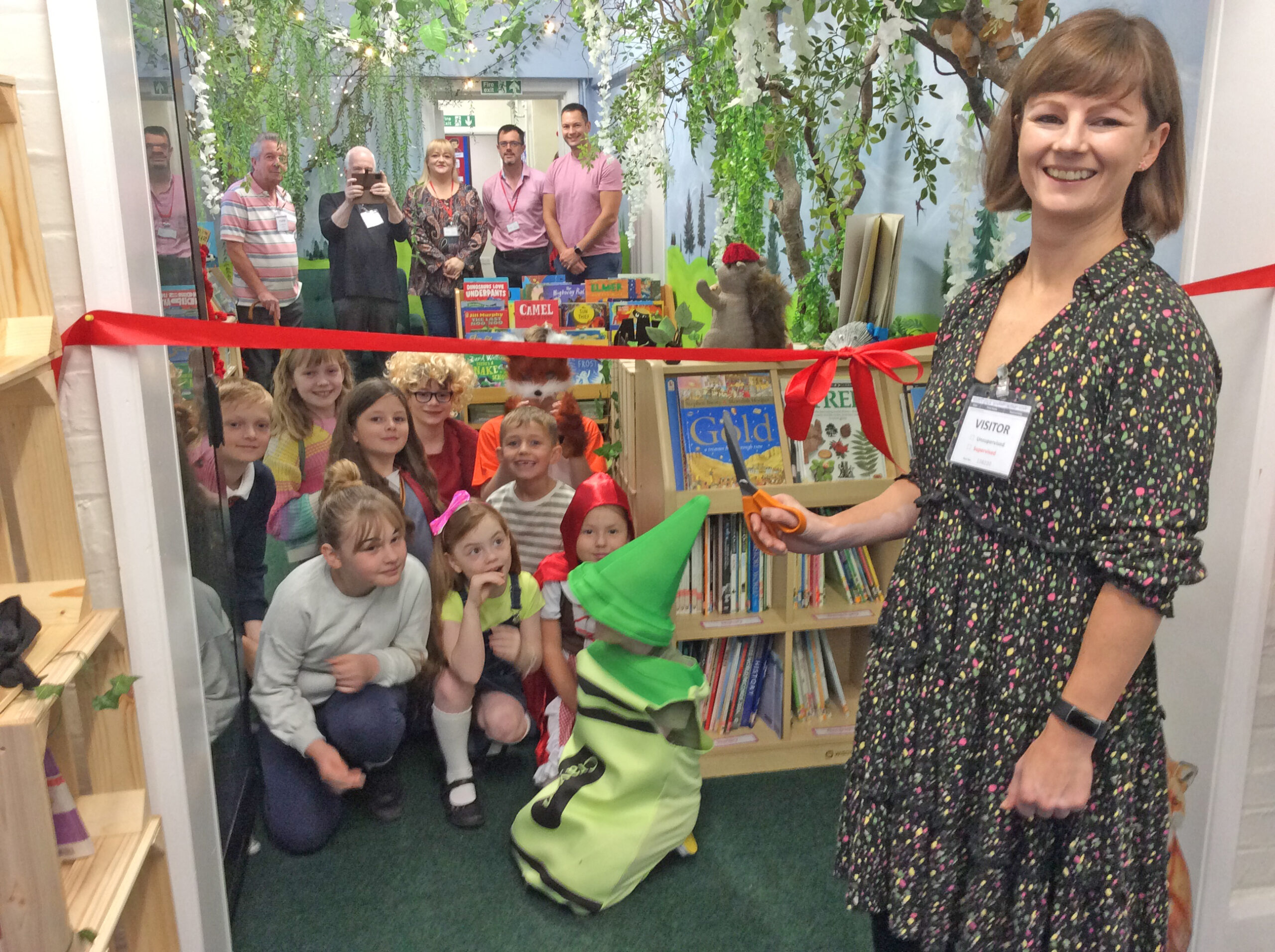In the aftermath of the pandemic, young carers in Lincolnshire, including children younger than five, are grappling with new challenges as they strive to regain a sense of normality, writes Local Democracy Reporter Daniel Jaines.
The Young Carers Annual Update 2022 presented to Lincolnshire County Council’s Children and Young Persons Committee last Friday, uncovers a stark reality: a 60 per cent surge in the number of young carers over a five-year period, soaring from 1,458 in 2017 to 2,338 in 2022.
The report also reveals that there were six children aged zero to five classed as young carers in 2022, with 440 in the six to 11 age bracket – both, however, are down on previous years such as 2018.
The report underscores the anxiety many young carers experienced as the COVID-19 pandemic receded.
“Many young carers were, rightly so, worried about re-engaging in public/community activities and for some, returning to school was also a big worry,” the report states.
For some, the thought of reintegrating into regular routines is intimidating.
Lincolnshire’s rural landscape further compounds the issue, leaving many young carers and their families feeling isolated with limited access to support groups.
The pandemic has also triggered an increase in self-referrals, signalling a growing awareness of the service among families.
In 2022 alone, there were 537 new identifications of young carers.
The average age of young carers at the point of identification remains just below ten years, consistent with previous years’ data.
The report also reveals that there are currently 1,288 (55 per cent) females and 1,031 (44 per cent) males among young carers in Lincolnshire.
The age breakdown of Young Carers in 2022 is particularly striking, with six children in the zero to five age group, 440 in the six to 11 age group, 1,440 in the 12 to 17 age group, and 452 in the 17+ age group.
The majority of these young carers are caring for their mothers, with a smaller percentage caring for their fathers, siblings, grandparents or other adults.
Despite these challenges, the report highlights the resilience of young carers and the concerted efforts to support them.
The young carers service has adapted to the new circumstances by blending virtual and face-to-face activity sessions.





